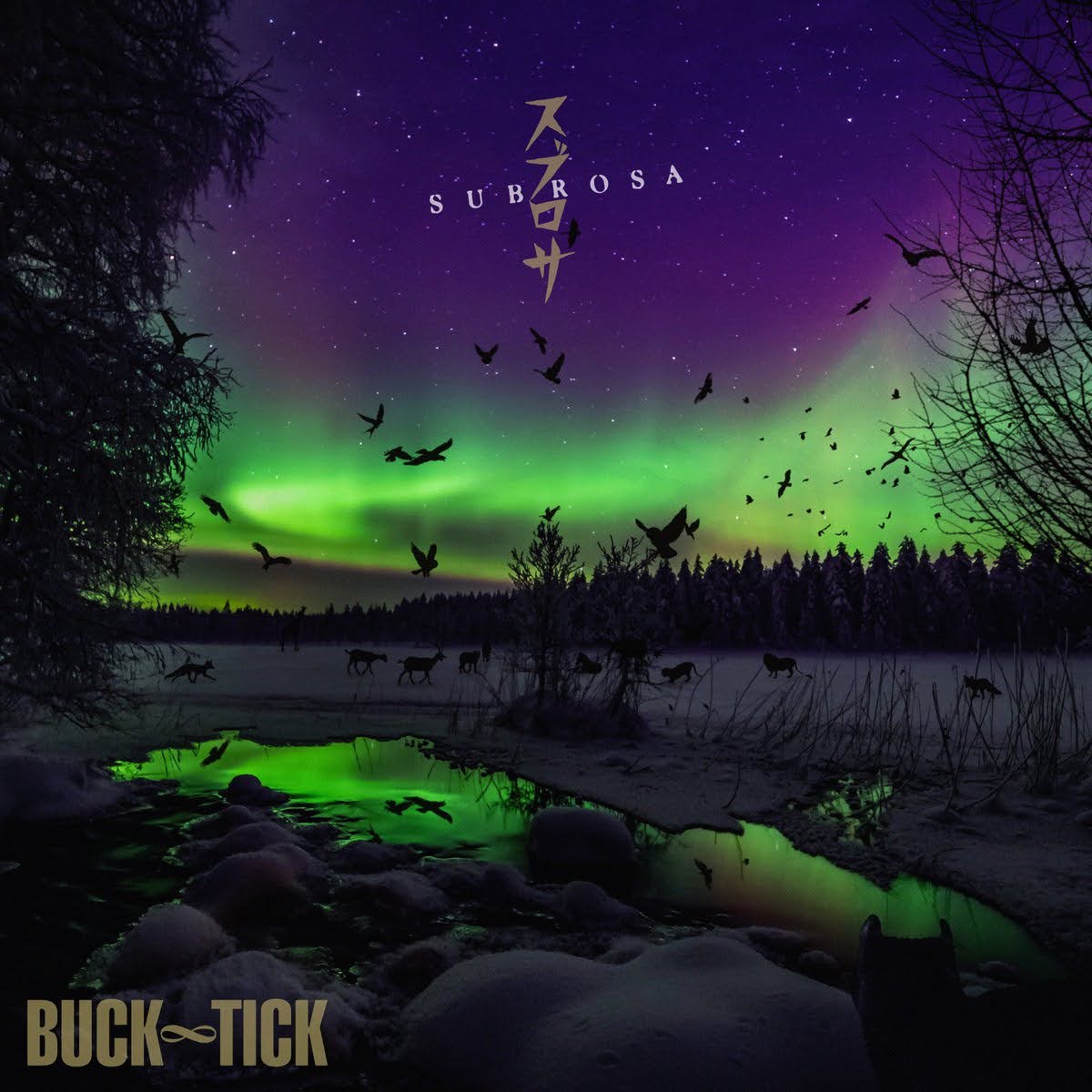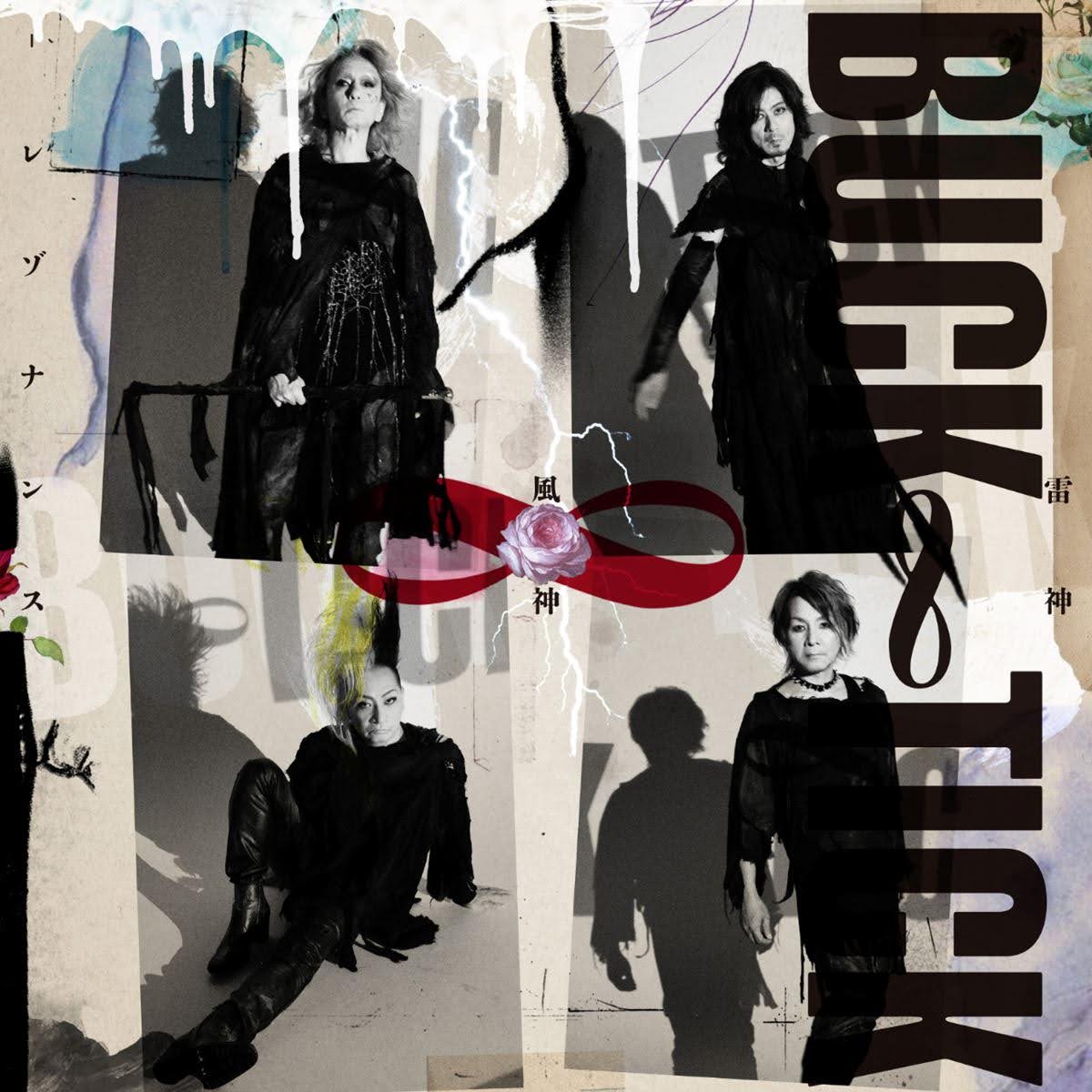
2024.12.04 | Victor Entertainment
スブロサ SUBROSA
Gabriel’s Horn¹
Words by Imai Hisashi
Music By Imai Hisashi
Japanese
キュビズムの月 森の中のアトリエ
夜の欠片を観察して暮らしてる
星が静かに点滅をした
空のデザイン 今夜の天動説
さあ 争いを消し去る季節
祈らずとも希わずとも
それはそこにある
さあ 争いを消し去る季節
祈らずとも希わずとも
今そこに向かう
サイレン メタルの空 天使の喇叭²
光 歩き出す Guys 太陽と風と
キュビズムの月 森の中のアトリエ
夜の欠片を観察して暮らしてる
星が静かに点滅をした
空のデザイン 今夜の天動説
サイレン メタルの空 天使の喇叭
光 歩き出す Guys 太陽と風と
サイレン メタルの空 天使の喇叭
光 歩き出す Guys 太陽と風と
サイレン メタルの空 天使の喇叭
光 歩き出す Guys 太陽と風と
Romaji
By: Yoshiyuki
Kyubizumu no tsuki Mori no naka no atorie
Yoru no kakera wo kansatsu shite kurashiteru
Hoshi ga shizuka ni tenmetsu wo shita
Sora no dezain Konya no tendousetsu
Saa Arasoi wo keshi saru kisetsu
Inorazu to mo negawazu to mo
Sore wa soko ni aru
Saa Arasoi wo keshi saru kisetsu
Inorazu to mo negawazu to mo
Ima soko ni mukau
Sairen Metaru no sora Tenshi no rappa
Hikari Aruki dasu Guys Taiyou to kaze to
Kyubizumu no tsuki Mori no naka no atorie
Yoru no kakera wo kansatsu shite kurashiteru
Hoshi ga shizuka ni tenmetsu wo shita
Sora no dezain Konya no tendousetsu
Sairen Metaru no sora Tenshi no rappa
Hikari Aruki dasu Guys Taiyou to kaze to
Sairen Metaru no sora Tenshi no rappa
Hikari Aruki dasu Guys Taiyou to kaze to
Sairen Metaru no sora Tenshi no rappa
Hikari Aruki dasu Guys Taiyou to kaze to
English
By: Yoshiyuki
Cubism moon Atelier in the forest
Living in there observing the fragments of the night
The stars flickered quietly
Designs of the sky Tonight’s geocentric theory
Come on It’s the season to extinguish strife
Without wishing or praying
It’s right there
Come on It’s the season to extinguish strife
Without wishing or praying
We’re now heading there
A siren The metal sky The angels’ trumpets
Light Guys setting off on foot With the sun and the wind
Cubism moon Atelier in the forest
Living in there observing the fragments of the night
The stars flickered quietly
Designs of the sky Tonight’s geocentric theory
A siren The metal sky The angels’ trumpets
Light Guys setting off on foot With the sun and the wind
A siren The metal sky The angels’ trumpets
Light Guys setting off on foot With the sun and the wind
A siren The metal sky The angels’ trumpets
Light Guys setting off on foot With the sun and the wind
Notes:
¹ The horn with which archangel Gabriel blows to announce Judgment Day.
² Probably referencing the seven trumpets from the Book of Revelation which cues the apocalyptic events seen by John of Patmos in his vision.
